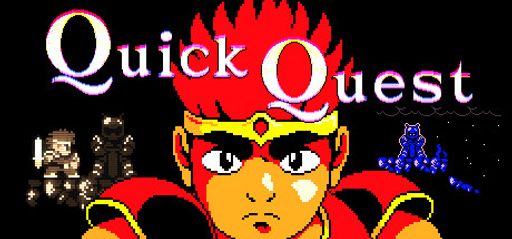Overall Impressions
Quick Quest thrusts me into a vibrant fantasy realm where evil knights threaten the balance. Right from the start, developer Sylph delivers a polished boss-rush platformer that thrives on pattern mastery. Unlike sprawling open worlds, this title zeroes in on intense, bite-sized fights. It stands out for its laser focus on skill growth. However, it falls short in its minimal exploration segments. When compared to other action-roguelites, Quick Quest feels tighter and more deliberate. Its retro NES vibes remind me of unlicensed classics, yet they come with modern responsiveness.
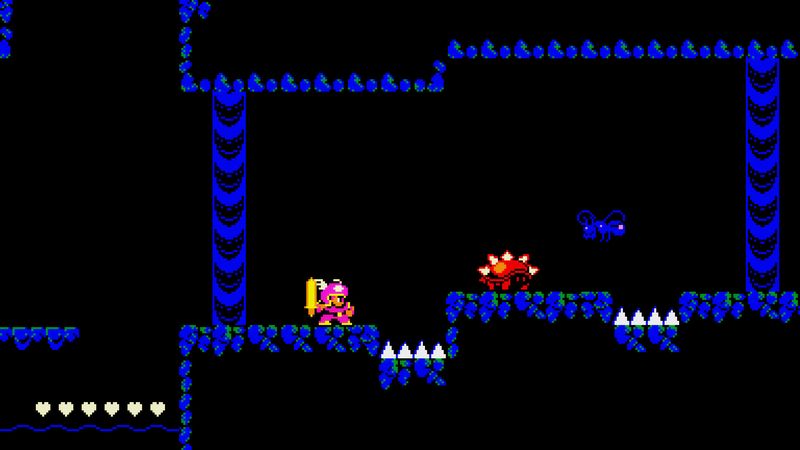
Gameplay Mechanics
Quick Quest relies on three core actions: move, jump, and attack. A fourth input lets you toss secondary weapons if you collect them. This stripped-down approach fosters deep mastery. Each boss demands pattern recognition and split-second timing. At first, early encounters often overwhelm new players. I died dozens of times before I adapted. Eventually, I began dispatching foes without taking a single hit. That loop of failure and triumph drives relentless engagement. Platforming sections serve as warm-ups between boss duels. They feel too brief though they do break up the action. User feedback highlights this imbalance. One player noted, “The game is more of a boss rush with short platformer segments in-between than the store page suggests.” I agree. Personally, I wish Sylph had expanded on these mini-levels.
Story and Characters
Quick Quest’s narrative casts me as a lone hero tasked with restoring peace. The plot unfolds in sparse cutscenes that bookend the boss runs. Characters lack deep backstories or dialogue trees. Nevertheless, the world-building emerges through boss design and environment art. Each knight feels like a guardian of a corrupted realm. I found the story serviceable but not memorable. Hardcore gamers will focus on mechanics more than lore. Still, I appreciated small touches, like the final boss’s ominous monologue. It hinted at a deeper conflict that Sylph could explore in future updates.
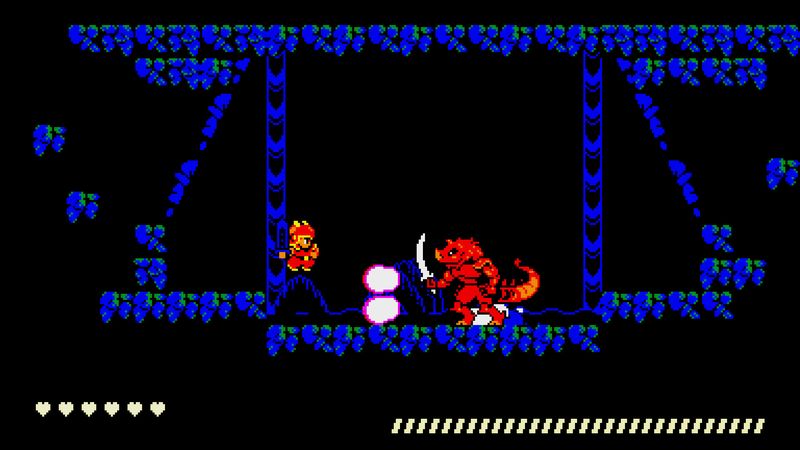
Visuals and Graphics
Sylph nailed the pixel art. Sprites display fluid animations, and the color palette pops with vibrant hues. Every boss boasts unique visual flourishes. A lava-crazed knight erupts in molten embers. An ice sentinel fractures the stage with chilling blasts. In particular, these moments underscore the high stakes. Backgrounds remain static, but they sport enough detail to convey atmosphere. Retro fans will love the NES-style flourishes. I found myself pausing to admire the sprite work during death animations. The art team balanced nostalgia with polish.
Sound and Music
Quick Quest sports a catchy chiptune soundtrack that propels each fight. Themes vary to match boss personalities. The percussion-driven intro sets an urgent tone. Sword clashes and jump landings register with satisfying clarity. I never felt distracted by audio clutter. Instead, the music heightened my focus. One player called it “really catchy” with “nice retro vibes.” I concur. The sound effects feel handcrafted. There’s no voice acting, and the lack of dialogue keeps the audio mix lean. Given the game’s quick-run nature, this approach works perfectly.
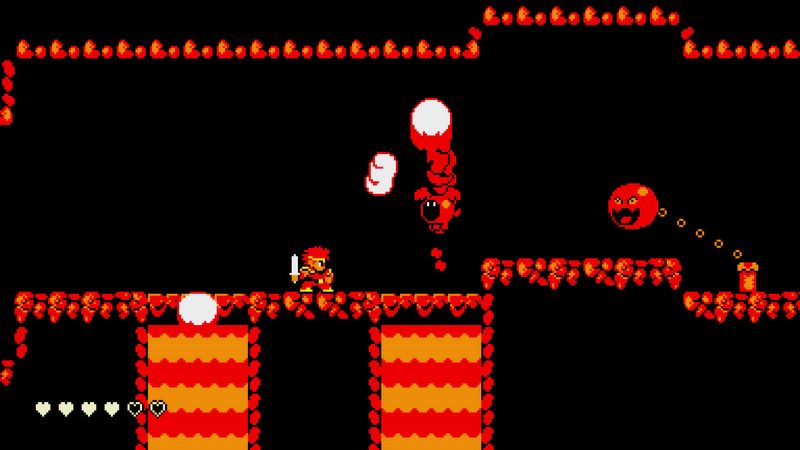
Difficulty and Replayability
Quick Quest stands out for its rigorous challenge. Boss patterns evolve with unpredictability. Each defeat teaches me new timing or positioning tactics. I recorded average runs of six to ten minutes before meeting a new wall. One user shared that they “often can’t help but restart right after I died.” That desire to relearn and conquer fuels repeat play. The roguelite elements remain limited to secondary weapon pickups. I hope future patches add more permanent upgrades. Another fan suggested more weapons, helmets, and upgrades. Considering Sylph’s track record of post-launch support, I expect new content soon. The game’s core loop remains addictively difficult. Hardcore players will welcome that. On the other hand, casual fans might find the learning curve steep.
Developer and Behind-the-Scenes Trivia
Sylph developed and published Quick Quest. The team earned praise for Thrill Penguin and Garlic. They operate a transparent development cycle and release frequent updates. In the weeks following launch, Sylph patched bug fixes and balance tweaks. The developers engage directly with community feedback. They even teased a possible new weapon tier for future updates. Sylph’s dedication mirrors its games’ focus on mastery. Ultimately, that commitment cements their growing reputation in the action-roguelite niche.
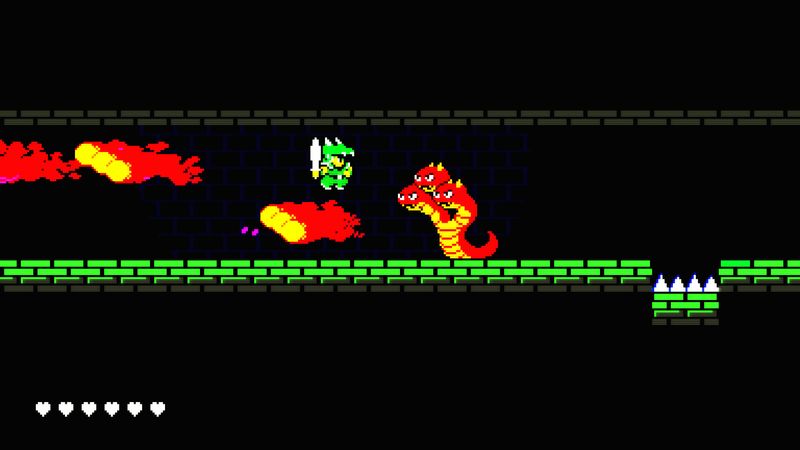
Final Thoughts and Rating
Quick Quest executes a tight, boss-rush formula with expert precision. Its retro aesthetics, crisp controls, and addictively steep difficulty carry it. Short platforming moments feel underused, and the story remains basic. Even so, Sylph’s polish and support shine through. Hardcore gamers will thrive here. I recommend Quick Quest to anyone craving concise, punishing encounters. Less patient players may prefer more forgiving progression.
Rating: 4 out of 5 stars
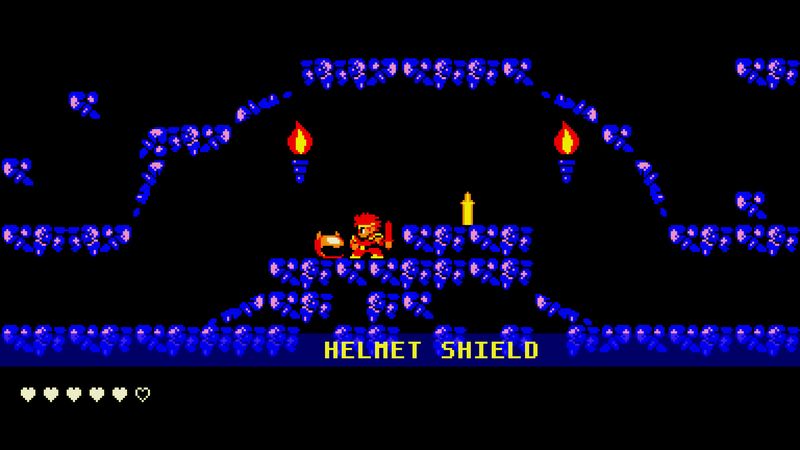
Pros
One of the standout strengths of the game lies in its meticulously tuned boss patterns and responsive controls. Every encounter feels thoughtfully crafted, offering a precise challenge that rewards skill and timing. Complementing this tight gameplay is the game’s vibrant pixel art, which bursts with personality and features impressively fluid animations that elevate the visual experience. The energetic chiptune soundtrack further enhances immersion, creating an atmosphere that pulses with intensity and nostalgia. For players who enjoy mastering mechanics and perfecting their runs, the game offers high replay value, encouraging multiple playthroughs to hone skills and uncover all its layers. Moreover, the game benefits from active developer support, with frequent updates and tweaks that reflect community feedback and a dedication to continuous improvement.
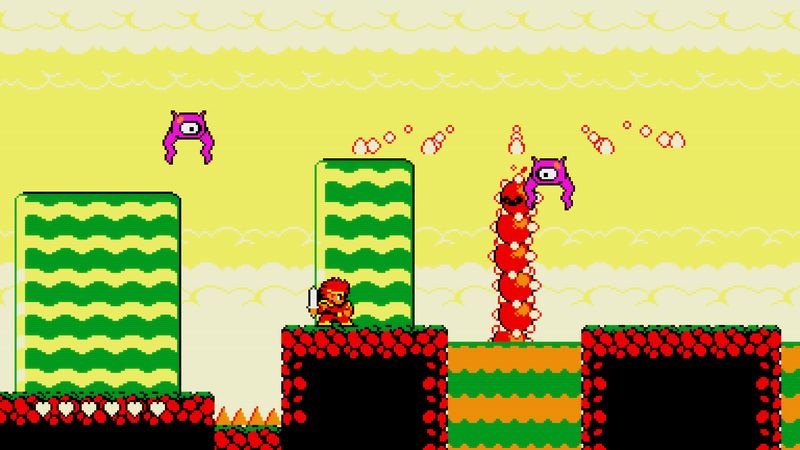
Cons
Despite its mechanical polish, the game falls short in narrative depth, offering minimal character development and story progression. Players seeking an emotionally rich or complex plot may find the experience lacking. Furthermore, the short platforming sections included between battles feel underdeveloped, almost as if they were added as an afterthought rather than integrated into the core gameplay loop. Lastly, while the roguelite structure shows promise, the initial release is limited in upgrade variety, reducing the strategic options and build diversity that genre fans typically expect. Consequently, this may dampen the appeal for players seeking deeper customization and experimentation early on.
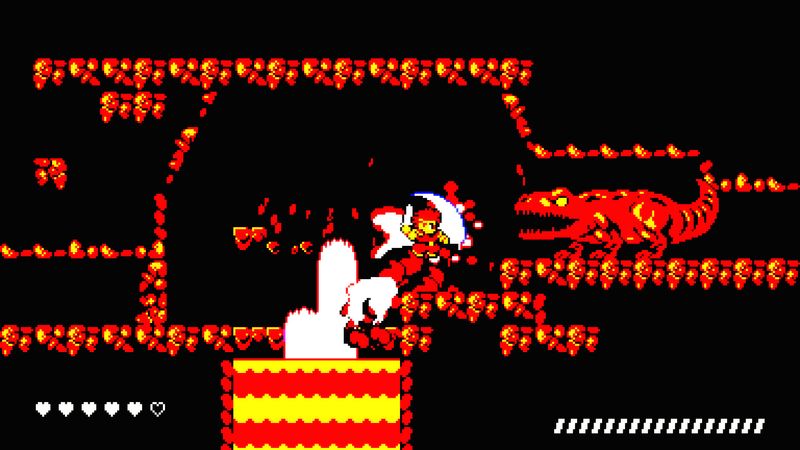
In my experience, Quick Quest stands as one of 2024’s most satisfying action challenges. It earns its place alongside the best modern retro-inspired titles. So, strap in, learn those patterns, and prepare to conquer every knight standing between you and equilibrium.

